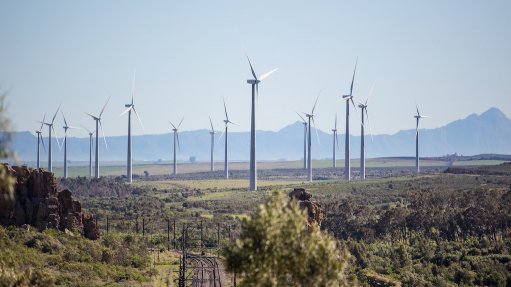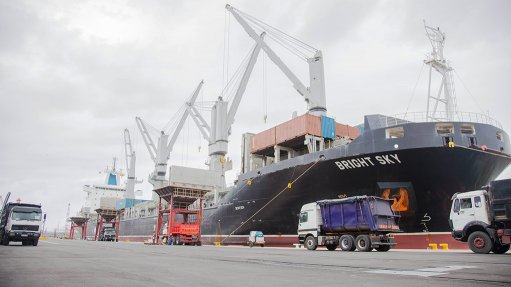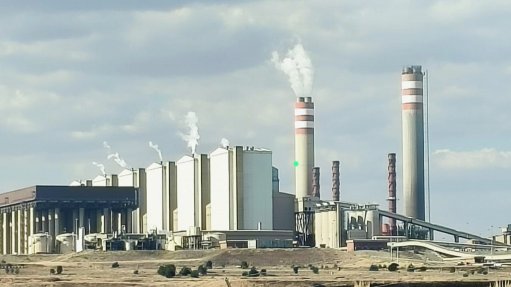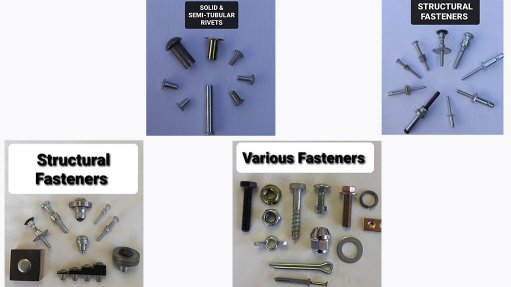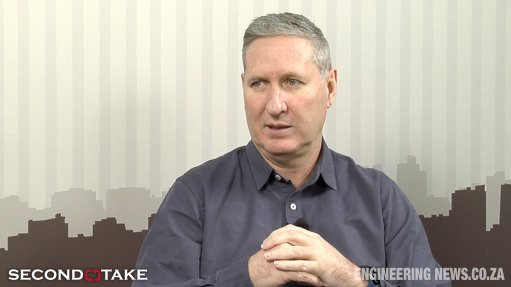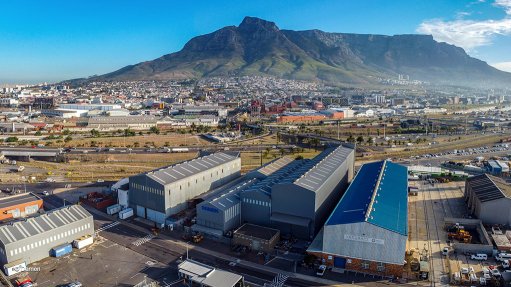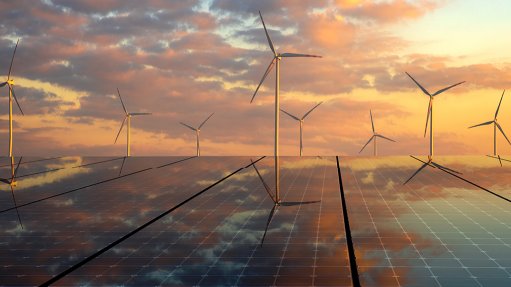Paper to practice - optimising pulp and paper industry water management
This article has been supplied by the author and has not been written or solicited by Creamer Media. It may be available only for a limited time on this website.
By Peter Marumong, Cluster WWW Segment Leader at Schneider Electric
Pulp and paper manufacturing is a major industry, with a global output valued at approximately USD 580 billion. It is also a versatile industry, producing a wide range of products, from office and catalogue paper to glossy paper, tissue, and paper-based packaging. These products form part of our daily lives and are essential to most sectors.
To substantiate the above, the Paper Manufacturers Association of South Africa (PAMSA) recently conducted a survey which looked at how important paper and print are in modern society. From reading habits to the importance of labels and packaging, it found that 82% of South Africans surveyed acknowledged that paper is still a part of their daily lives.
The manufacturing of pulp and paper is a complex process that involves several stages to convert wood into the final paper product. It also requires a significant amount of fresh water (ranging from 60 to 230 cubic metres per ton of paper production) during this manufacturing process which leads to a substantial amount of wastewater.
Like is manufacturing peers, the pulp and paper industry must also use water in an efficient and responsible manner. The industry has strict guidelines for water discharge into effluent systems which in turn aim to prevent pollution of water bodies and protect the environment.
Optimising pulp and paper efficiency
To meet the above requirements, pulp and paper mills are increasingly focussing on the reuse of water. By treating final effluents and reintroducing it into their processes, companies can offset water consumption and reduce costs associated with, for example, municipal water bills.
A compelling part of this equation are PLC (Programmable Logic Controller) systems which can play an important role in water and wastewater management (WWW). By continuously monitoring water quality parameters (such as pH, conductivity, and other relevant elements), industries can meet compliance requirements.
PLCs collect data from monitoring instruments and display real-time information for effective decision-making. Importantly, PLCs it allows for automation which in turn reduces human error and enhances efficiency.
During pulp and paper manufacturing, these systems can control pumps, valves, and other equipment, ensuring precise dosing of chemicals and optimal treatment. Automated systems also minimise energy consumption and improve overall plant performance.
PLCs can also facilitate water reuse by integrating final effluent quality data into the system. By monitoring and controlling the quality of water (being reintroduced), industries can confidently reuse treated water. Also, PLCs enable real-time adjustments to maintain water quality within acceptable limits.
PLC systems offer the following important benefits to the pulp and paper industry:
- Cost efficiency - automated systems can lead to significant cost savings by optimising water usage and reducing waste. This is particularly true for industries that can reuse treated wastewater in their processes, thereby lowering their overall water consumption and expenses.
- Compliance and monitoring - Automation allows for continuous and precise monitoring of wastewater quality, ensuring compliance with environmental regulations. This is crucial for companies, particularly multinationals, that must adhere to strict standards.
- Sustainability - automated systems contribute to sustainability efforts by efficiently managing resources and reducing the environmental footprint of industrial operations.
- Public and environmental health - properly treated wastewater protects water bodies from pollution and the public from health hazards associated with untreated effluent.
- Industry leadership - companies that invest in automated wastewater treatment are often seen as leaders in environmental stewardship, setting an example for smaller businesses and local industries.
Comments
Press Office
Announcements
What's On
Subscribe to improve your user experience...
Option 1 (equivalent of R125 a month):
Receive a weekly copy of Creamer Media's Engineering News & Mining Weekly magazine
(print copy for those in South Africa and e-magazine for those outside of South Africa)
Receive daily email newsletters
Access to full search results
Access archive of magazine back copies
Access to Projects in Progress
Access to ONE Research Report of your choice in PDF format
Option 2 (equivalent of R375 a month):
All benefits from Option 1
PLUS
Access to Creamer Media's Research Channel Africa for ALL Research Reports, in PDF format, on various industrial and mining sectors
including Electricity; Water; Energy Transition; Hydrogen; Roads, Rail and Ports; Coal; Gold; Platinum; Battery Metals; etc.
Already a subscriber?
Forgotten your password?
Receive weekly copy of Creamer Media's Engineering News & Mining Weekly magazine (print copy for those in South Africa and e-magazine for those outside of South Africa)
➕
Recieve daily email newsletters
➕
Access to full search results
➕
Access archive of magazine back copies
➕
Access to Projects in Progress
➕
Access to ONE Research Report of your choice in PDF format
RESEARCH CHANNEL AFRICA
R4500 (equivalent of R375 a month)
SUBSCRIBEAll benefits from Option 1
➕
Access to Creamer Media's Research Channel Africa for ALL Research Reports on various industrial and mining sectors, in PDF format, including on:
Electricity
➕
Water
➕
Energy Transition
➕
Hydrogen
➕
Roads, Rail and Ports
➕
Coal
➕
Gold
➕
Platinum
➕
Battery Metals
➕
etc.
Receive all benefits from Option 1 or Option 2 delivered to numerous people at your company
➕
Multiple User names and Passwords for simultaneous log-ins
➕
Intranet integration access to all in your organisation









